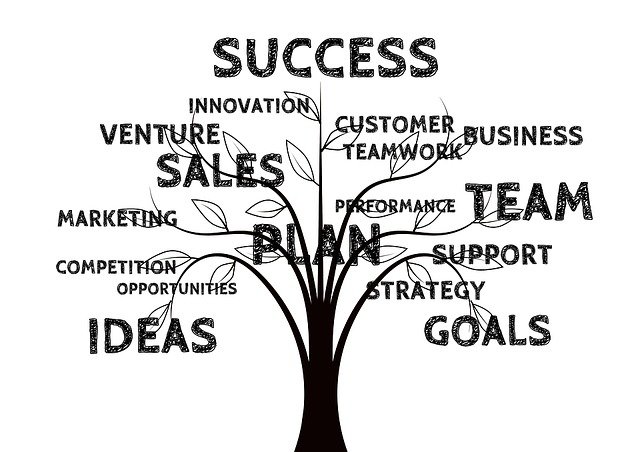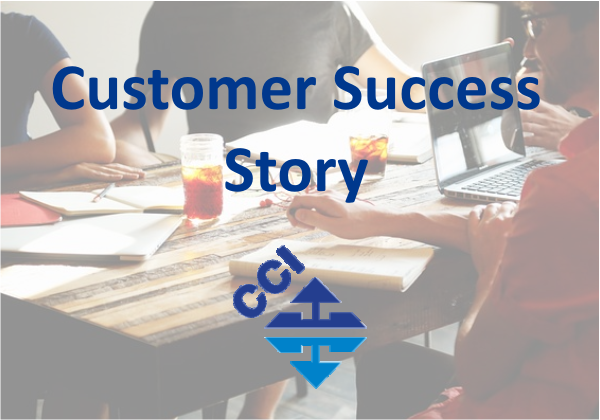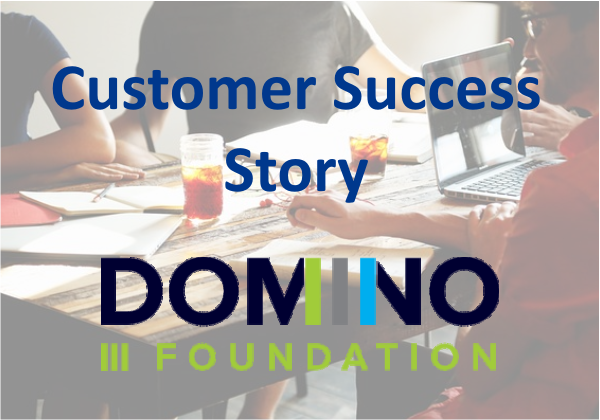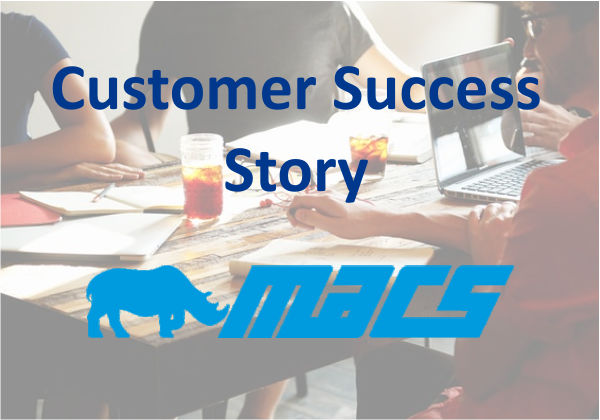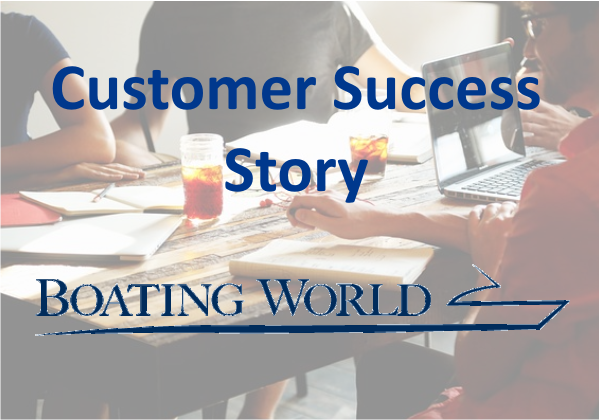Project management methodologies for your business

A project management (PM) methodology is essentially a set of guiding principles and processes for managing a project. Your choice of methodology defines how you work and communicate. The methodology you choose will depend on your team, project type and project scope. The methodology you pick will have a profound and ongoing impact on how you and your team work. Here are five different methodologies to choose from:
- Agile
This PM methodology throws all rigid planning out the door, allowing teams to be able to operate flexibly and repetitively. This relieves teams of so much pressure by being able to work on something small and execute it quickly, evaluate what’s working and what isn’t and then change and adapt from there.
- Waterfall model
This PM methodology is quite basic. Compile a list of all the tasks that lead to your end goal and work on them in order. Progress descends from one phase of the project to the next. Each phase must be completed before you move on to the next.
- PRINCE2
PRINCE2 is an acronym for PRojects IN Controlled Environments and is one of the process-oriented waterfall PM methodologies that emphasises clear steps and well-defined responsibilities. PRINCE2 focuses mainly on planning, business justification, cost analysis and risk mitigation.
- PMBOK
PMBOK (Project Management Body of Knowledge) can be referred to as a set of standards which breaks down project management into five phases: conception & initiation, planning, execution, performance & monitoring, and closing. It’s another type of waterfall methodology that has you follow these phases from start to finish.
- Scrum
This PM methodology is that you work in a small team (no more than nine people) and divide your work into two-week milestones. Your team then meets for daily 15-minute ‘pow-wows’ to discuss where things are at in that moment. The Scrum focuses on time and what your team can achieve in the time period given.
It is clear that different PM methodologies are better suited for different projects. It helps to start from the end. You need to know exactly what the final deliverable should look like and what you’ll need to get it done. Also, it is important to consider your team composition by identifying its strengths and weaknesses. How your company is organized, its culture and its past records will have a big impact on your choice of project management methodology. Each of these methodologies has its own strengths and weaknesses. Selecting the correct one will make running your project faster, smoother and more efficient.


